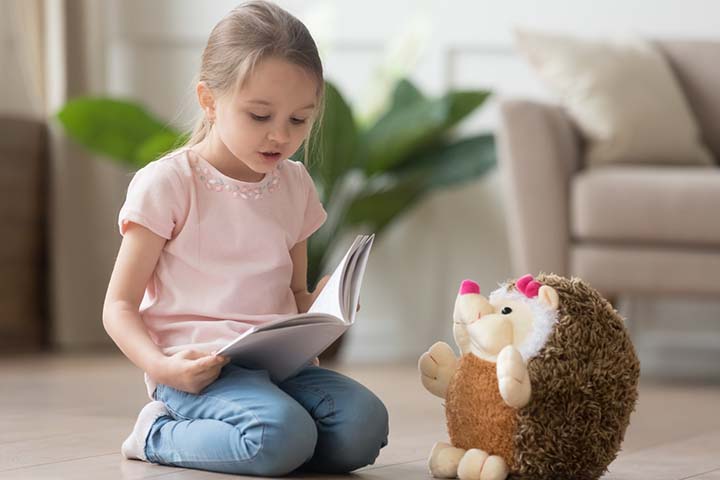
Image: iStock
We all know that a parent’s affection or lack thereof has a lot of influence on the way that children turn out in the future. Their personality, the way they express love and their form of attachment, that is, the bond the parents form with their children and their children in turn form with their romantic partners once they become adults. Forming an affectionate bond and a healthy attachment style with your child is a necessity. But did you know that there are various kinds of attachment styles and some are healthier than others? In this article we will discuss what attachment style your child will form based on how affectionate you are with them and the consequences of each style. Read on to know more!
What We Understand By Attachment
Attachment, often underestimated in the parent-child relationship, holds significant importance, as highlighted by the Attachment Theory developed by John Bowlby, an English psychoanalyst, psychologist, and psychiatrist (1). Bowlby’s theory emphasizes that individuals continually seek to validate and strengthen this unique bond through specific behaviors, significantly impacting child development. Attachment manifests in a sequence of distinct actions that serve as affirmations of a special emotional and psychological connection between two individuals.
Now let’s take a look at the different attachment types:
1. Secure Attachment
Image: IStock
Within this phase of attachment, a profound connection between the parent and child emerges, characterized by profound feelings of love, protection, and holistic care, encompassing physical, emotional, and financial support. As a result, children nurtured within this secure attachment tend to develop robust, stable relationships with those around them. Furthermore, these children typically exhibit higher levels of self-confidence and self-esteem, bolstering their overall sense of security in social interactions. This newfound self-assuredness is not fleeting but rather endures into adulthood, enabling them to form enduring relationships without the nagging fear of abandonment or rejection.
2. Anxious-Ambivalent Attachment
Image: IStock
This type of attachment style is formed when the relationship between child and parent is not all that close and the adult oscillates between being nurturing and then taking their attention away. This leads to the child constantly seeking approval from their parents or role models and partners in an attempt to replace that closeness. These children often have low self esteem and suffer from a fear of abandonment. They are likely to be emotionally dependent on others when they grow up.
3. Avoidant Attachment
Image: IStock
This attachment style arises when caregivers fail to provide the necessary care for their child, leaving the child to fend for themselves. Consequently, children develop coping mechanisms for the absence of affection, leading to self-sufficiency. However, this self-reliance comes at the cost of emotional detachment from their parents. It may manifest as a lack of visible reaction to a parent’s presence or absence, and while this might seem like a sign of security, it masks an underlying anxiety about abandonment. These children have become accustomed to managing high levels of stress without outwardly showing it. As a result, they may struggle to express their emotions and anxieties, which can lead to difficulties in forming intimate relationships in the future.
4. Disorganized Attachment
Image: IStock
This type of attachment falls under the category of ambivalence. It arises when parents exhibit instability, insecurity, and provide inconsistent or inadequate care to their children, resulting in a blend of the two prior attachment types: anxious and avoidant. Yes, individuals can experience both simultaneously! Within this dynamic, the child grapples with trust issues, given their exposure to an unstable environment, occasionally fearing their parents. Consequently, they may develop an insecure personality marked by impulsivity and exaggerated responses to significant life events. These traits, in turn, manifest as poor emotional management and volatile reactions, hindering their ability to cultivate enduring interpersonal relationships.
Raising kids who are well adjusted and emotionally healthy can be challenging but it’s not impossible. With a little love, care and show of affection, you and your little one can go on to create a stable bond and healthy attachment style that will serve them well for life. Happy parenting!
















